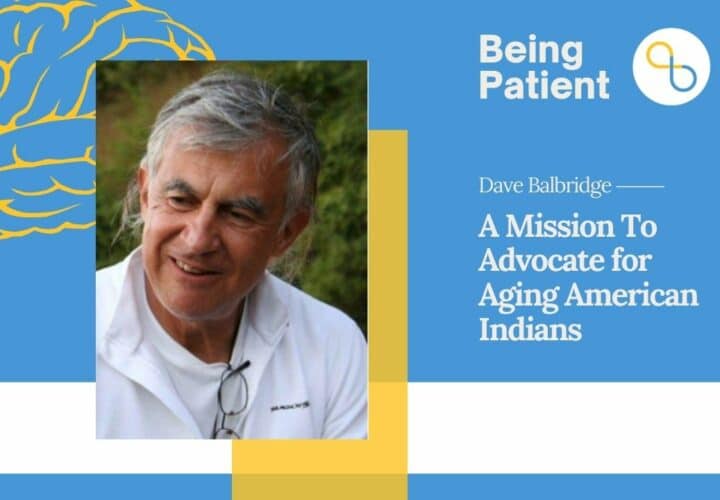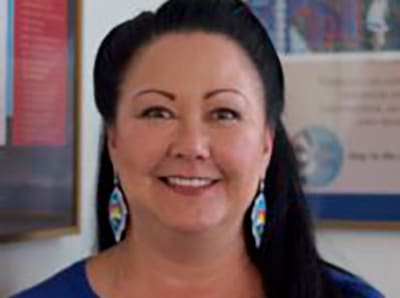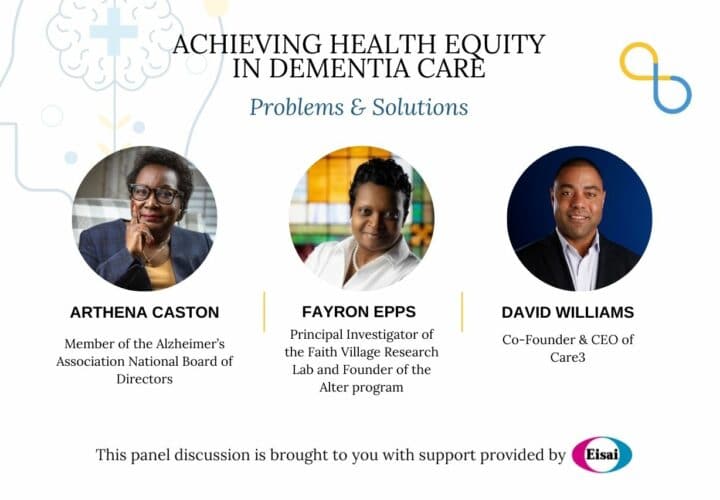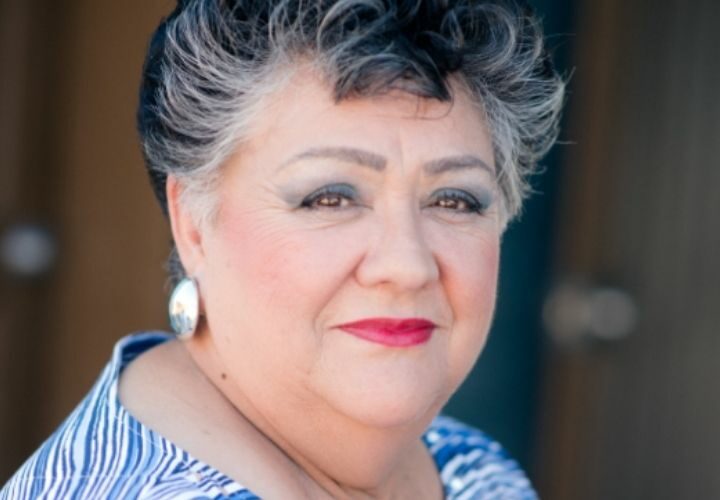Dave Balbridge has worked with elders from the Cherokee and other tribal nations for more than 30 years, advocating for resources and funding to provide support for Alzheimer’s and other forms of dementia.
This article is part of the series Diversity & Dementia, produced by Being Patient with support provided by Eisai.
Dave Balbridge grew up in Los Alamos, New Mexico, spending his childhood with, as he puts it, the “sons and daughters of the scientists who built the first atomic bomb.” He was the only one of his peers with an American Indian background, tracing his heritage to the Cherokee Nation. While his peers went on to graduate and become scientists, Balbridge embarked on what he called “an adventure trail.”
Over the course of this career, he reconnected with elders from his culture and took up leadership roles to promote healthy aging within these communities. Throughout various roles in nonprofits, he has spent more than 30 years as an advocate for American Indians and Alaskan Natives.
As he recalls it, working with American Indian elders was unplanned but incredibly meaningful. “They’ve totally determined the course of my career in my life,” he said. While he has recently been diagnosed with a form of dementia called progressive supranuclear palsy, he continues on his mission to be a voice for American Indian elders.
From working with the rodeo to American Indian aging
In the 1980s, Balbridge’s travels led him to unexpected places: He became the national media director for the Professional Rodeo Cowboys Association. “My colleagues and those I aspired to know were all professional rodeo cowboys,” Balbridge said.
In 1985, he was looking for a change. By luck, Balbridge said, he stumbled upon an opportunity to work with American Indian elders. “I feel like I was tossed off the bus,” Balbridge said. “I really had no background, no deep understanding of what it meant to be an Indian elder or what their lives are like.”
His early experiences with this health advocacy work led him to leadership roles within the National Indian Council on Aging in 1992, where he served until 2002. One of his most prized accomplishments came early on, in 1995, when he helped advocate for an increase in congressional funding for Title Six of the Older Americans Act. Now, Title Six provides more than $30 million in funding to American Indian groups and initiatives.
Since 2003, Balbridge has been working as the executive director of the International Association for Indigenous Aging. He has also made lifelong connections with Cherokee elders, considering them among his mentors and friends. “I’m just really grateful for the chance I’ve had to be an advocate in this arena,” he said.
Dementia in Cherokee communities
The U.S. population is aging. The number of Americans 65 and older is projected to more than double over the next 40 years, reaching approximately 80 million by 2040. The same is true for the Cherokee Nation and other tribal communities. This, of course, has public health repercussions: One in three people will develop Alzheimer’s after the age of 85, so a larger aging population leads inevitably to an increase in Alzheimer’s and other dementia cases. “It’s really really becoming a prominent challenge for the older population,” Balbridge said of dementia.
In the Cherokee Nation, unlike in some other cultures, Balbridge explained, the tribal government prioritizes elder care. The elders hold important cultural information and constitute a lot of the remaining Cherokee language speakers.
“Although, Cherokee Nation is the largest tribe in the country, the elders remain the only cohort of the tribe that is still continually Cherokee language speaking,” Balbridge said. “They are a vanishing and extremely important component of the tribe.” Through the tribal leadership, there have been many initiatives to help preserve the language and the culture. He said that these initiatives were developed “to connect with elders to gain their stories, to assist them with their attempts to keep on going.”
But, the elders are dispersed across some fourteen counties in Oklahoma, making it “very difficult to reach and serve them,” Balbridge added.
Within his role within the International Association for Indigenous Aging, he advocates for public policy changes, funding and increasing the amount of research conducted in these communities.
“We have developed a number of coalitions and partners among tribes and experts across the country,” Balbridge said. “We’ve got some of the best minds and activists in Indian country to help us deal with Alzheimer’s and dementia.”
Coping with dementia
Nearing the end of his career, Balbridge began experiencing cognitive symptoms of his own. Three years ago, he was diagnosed with progressive supranuclear palsy — an incurable form of dementia.
“There’s nothing much anyone can do except deal with the symptoms,” Balbridge said. He is currently experiencing a decline in executive function and a loss of balance.
Despite this, Balbridge continues to be an important voice for aging American Indians and hopes to keep improving the funding, services and initiatives provided to these communities to help them cope with the increased burden of aging.
“Even though the progressive supranuclear palsy has changed my life, I feel that it hasn’t changed my mission,” he said. “My hope in life is to be a factor in helping Indian Country deal with Alzheimer’s disease and related dementias.”



